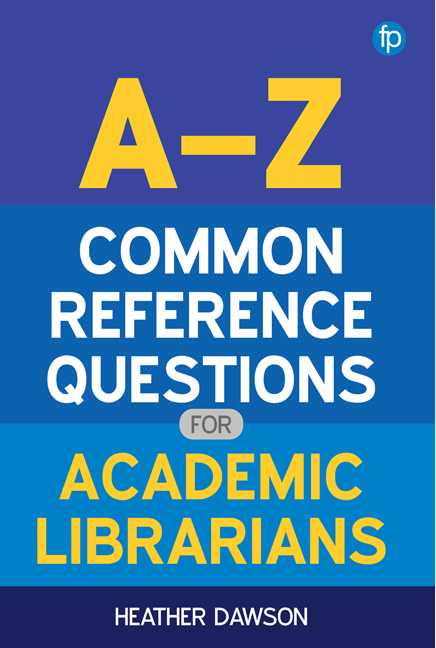International Organisations
Published online by Cambridge University Press: 19 March 2020
Summary
Typical questions
• What is the remit of WIPO?
• Where can I get data from the World Bank?
Starting points
• International organisations include both transnational non-governmental organisations (NGOs) (such as charities who operate across boundaries) and intergovernmental organisations (IGOs) (such as the UN whose membership is composed of sovereign states). They can focus on specific regions of the world or on specific issues or commodities. In terms of developing nations, they may be the most reliable source of data.
• Increasingly, websites are valuable for tracing information on international activities as they can offer free access to reports and statistics. However, remember that some older resources may still only be available in print. Excellent starting points for tracing these are national libraries such as the British Library.
• This section highlights major directories. The subject and areas studies sections list more specific examples and there are separate chapters for the European Union and United Nations.
Recommended resources
Union of International Associations (UIA)
uia.org
Membership organisation. Website has news and events listings. It also provides free access to a really useful IGO search engine (uia.org/igosearch), which quickly cross-searches the websites of over 3,000 major bodies.
Yearbook of International Organizations (Subscription) [Specialist]
uia.org/yearbook
Published by the UIA. Extensive listing of over 75,000 current and historic international non-governmental and intergovernmental organisations. Includes histories, profiles of activity, statistics and links to websites. Search by region or subject area.
- Type
- Chapter
- Information
- Publisher: FacetPrint publication year: 2019



